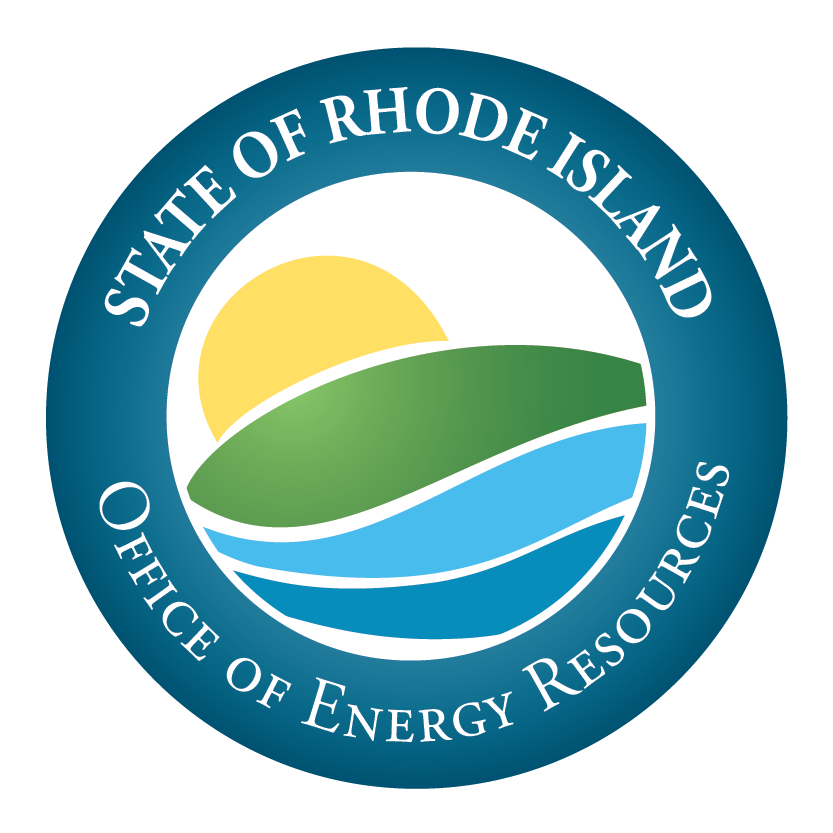The Rhode Island Office of Energy Resources receives US Department of Energy funding for refrigeration energy management
Published on Wednesday, September 15, 2021
PROVIDENCE, RI – The Rhode Island Office of Energy Resources (OER) today announced that it has received funding from the U.S. Department of Energy (US DOE) to help grocery stores strategically use energy in a way that reduces their costs, while lowering strain on the electrical grid during peak usage times. DOE's Office of Energy Efficiency and Renewable Energy (EERE) provided the funding through its Building Technologies Proving Ground awards, which aim to validate innovative building technologies for commercial buildings and the public sector.
OER will partner with Axiom Cloud and National Grid to test how an artificial intelligence software platform can provide intelligent forecasting, modeling, and control of refrigeration loads at grocery stores.
"As Rhode Island works to meet its net-zero greenhouse gas emissions target by 2050, the state must continue to lead the nation in developing cost-effective, clean energy solutions that reduce energy consumption, increase grid reliability, and shrink our carbon footprint," said State Energy Commissioner Nicholas Ucci. "The Refrigeration Energy Management project will allow us to target the state's grocery stores as a valuable source of flexible energy loads while providing crucial energy cost savings for these businesses."
"We are excited and ready to work with our public sector stakeholders to test out these innovative technologies for improving energy efficiency for homeowners, business owners, and state and local governments," said EERE's Weatherization & Intergovernmental Programs (WIP) Director AnnaMaria Garcia. "Without a doubt, our collaboration with state and local entities is pivotal to realizing the benefits of these advanced building technologies. Once these technologies have been demonstrated in the real world by these projects, our goal is that other state and local governments will adopt them in their communities. Then these innovative solutions can help drive economic growth."
A grocery store's refrigeration system is its top consumer of electricity, and historically these loads have been completely inflexible. With the more than 2,000 grocery stores across Rhode Island and Massachusetts, a load shifting potential of 40 MW to 100 MW may be possible if refrigeration loads were managed.
"Software is transforming retail grocers' relationships with their refrigeration systems," said Amrit Robbins, CEO of Axiom Cloud. "By leveraging hundreds of real-time data streams to build a digital model of each refrigeration system, our Virtual Battery app is able to predict when building and refrigeration loads will peak and manage refrigeration loads accordingly, without any negative impact on food safety or quality."
Interested grocery stores will be enrolled in National Grid's ConnectedSolutions program, which will allow them to earn revenue by reducing their energy consumption during periods of high grid demand. Participating grocery stores will also be alerted to predicted equipment outages and other energy efficiency opportunities. This grant will provide these services to selected grocers at no cost.
"Reducing energy consumption during peak days and adding more flexible loads to the grid is just one of the many ways in which National Grid is supporting the transition towards a cleaner energy landscape," said John Isberg, VP Customer Sales & Solutions at National Grid. "National Grid is excited to support our customers as they become more intelligent energy consumers."
Every project that utilizes DOE's Building Technologies Proving Ground awards will enhance the energy efficiency of buildings and provide flexibility services to the electric grid. Many of these technologies can enable dynamic building interactions with the power grid that provide new value streams to commercial building owners.
Enrollment is on a first-come, first-served basis and is ongoing for National Grid grocery store and supermarket customers in Rhode Island and Massachusetts. If you are a store owner and are interested in learning more, reach out to Turner Anderson at tanderson@axiomcloud.ai.
About Rhode Island Office of Energy Resources The Rhode Island Office of Energy Resources' (OER) mission is to lead the state toward a clean, affordable, reliable, and equitable energy future. OER develops policies and programs that respond to the state's evolving energy needs, while advancing environmental sustainability, energy security, and a vibrant clean energy economy. OER is committed to working with public- and private-sector stakeholders to ensure that all Rhode Islanders have access to cost-effective, resilient, and sustainable energy solutions.
About Axiom Cloud Axiom Cloud's mission is to use software and automation to transform how the world's cooling systems are powered, operated, and maintained, in order to generate significant climate and financial impact. Axiom's team of refrigeration experts, data scientists, energy experts, and software developers solves retail grocery's biggest energy and maintenance challenges by layering intelligence onto their existing refrigeration systems. Learn more at www.axiomcloud.ai.
About National Grid National Grid (NYSE: NGG) is an electricity, natural gas, and clean energy delivery company serving more than 20 million people through our networks in New York, Massachusetts, and Rhode Island. National Grid is transforming our electricity and natural gas networks with smarter, cleaner, and more resilient energy solutions to meet the goal of reducing greenhouse gas emissions. For more information, please visit our website, follow us on Twitter, watch us on YouTube, friend us on Facebook, and find our photos on Instagram.
About the Office of Energy Efficiency and Renewable Energy (EERE) EERE's mission is to accelerate the research, development, demonstration, and deployment of technologies and solutions to equitably transition America to net-zero greenhouse gas emissions economy-wide by no later than 2050, and ensure the clean energy economy benefits all Americans, creating good paying jobs for the American people—especially workers and communities impacted by the energy transition and those historically underserved by the energy system and overburdened by pollution.
This material is based upon work supported by EERE under the Buildings Technology Office Award Number DE-EE0009464.
Related links
- Department or agency: Office of Energy Resources
- Online: http://www.energy.ri.gov/
- Release date: 09-15-2021
